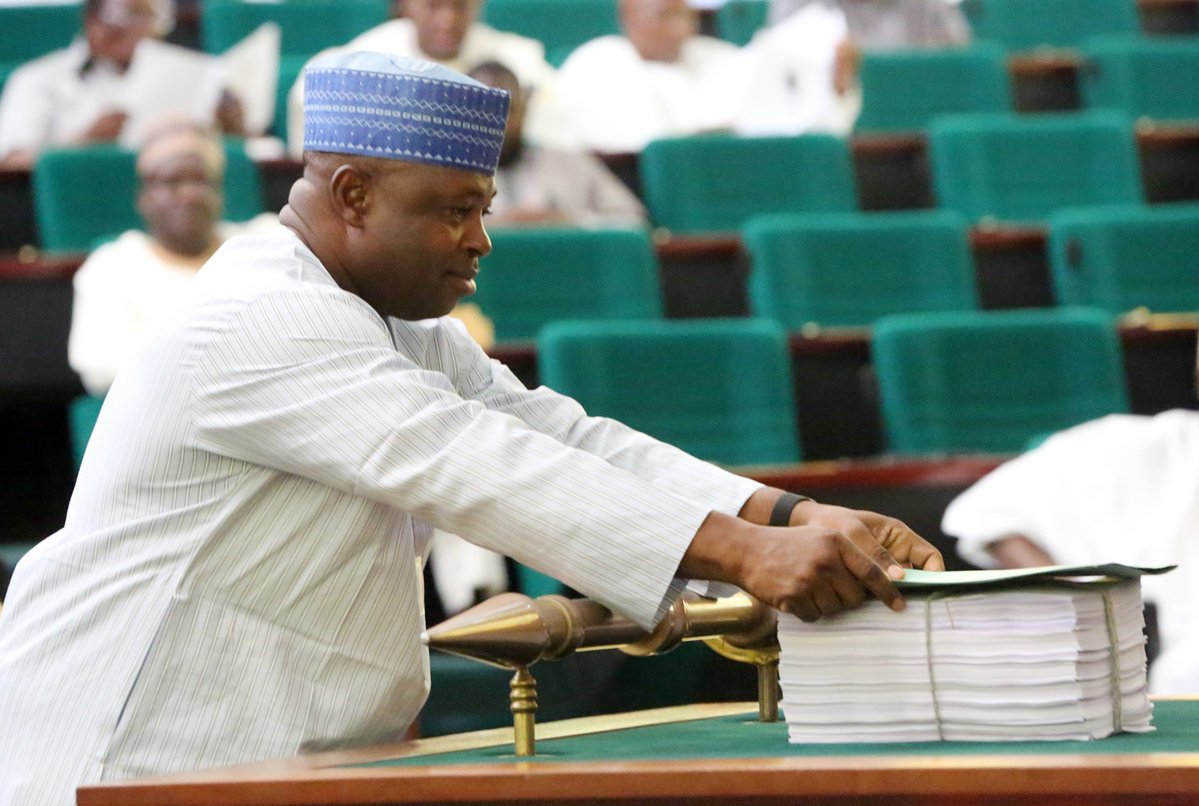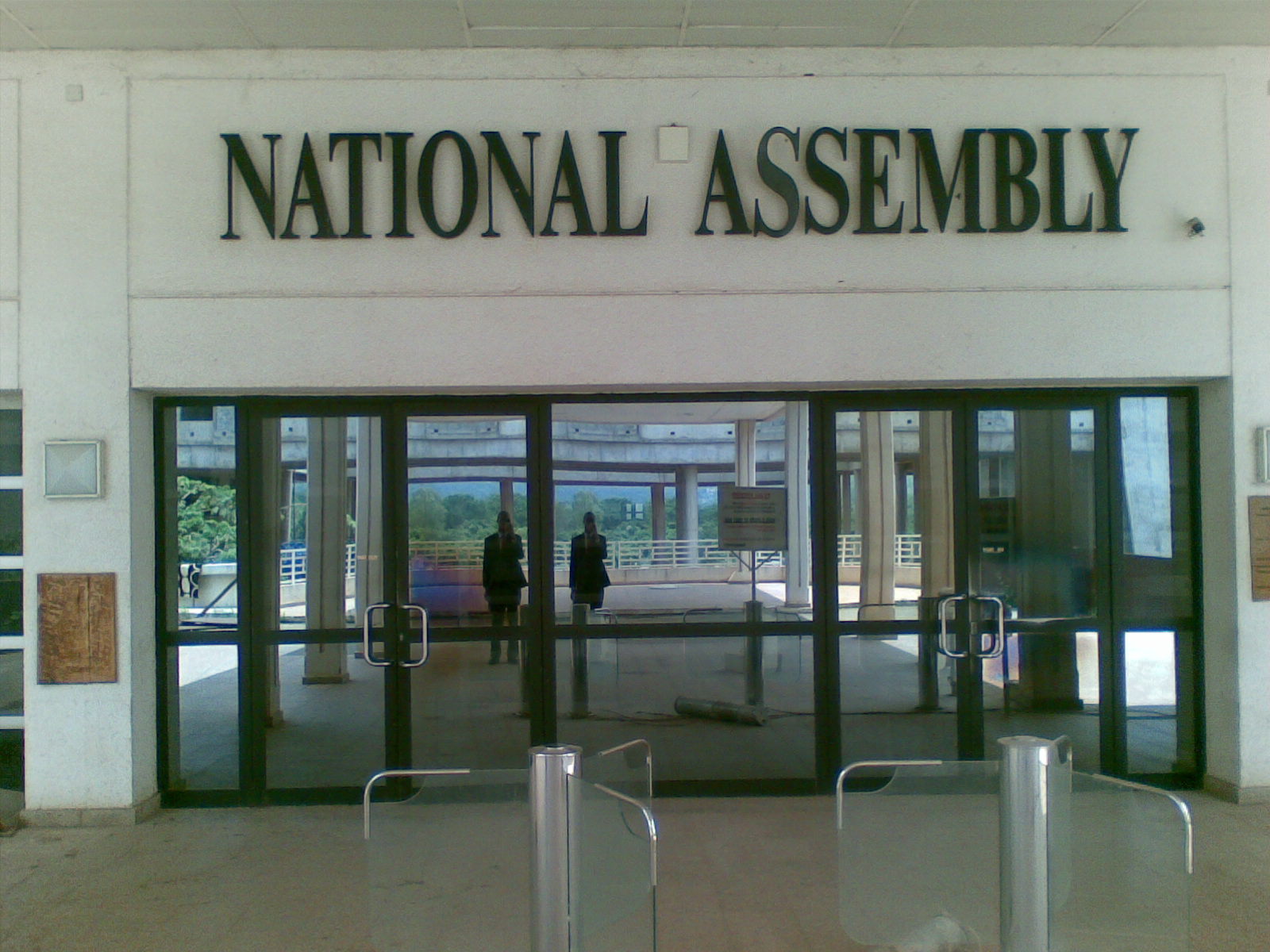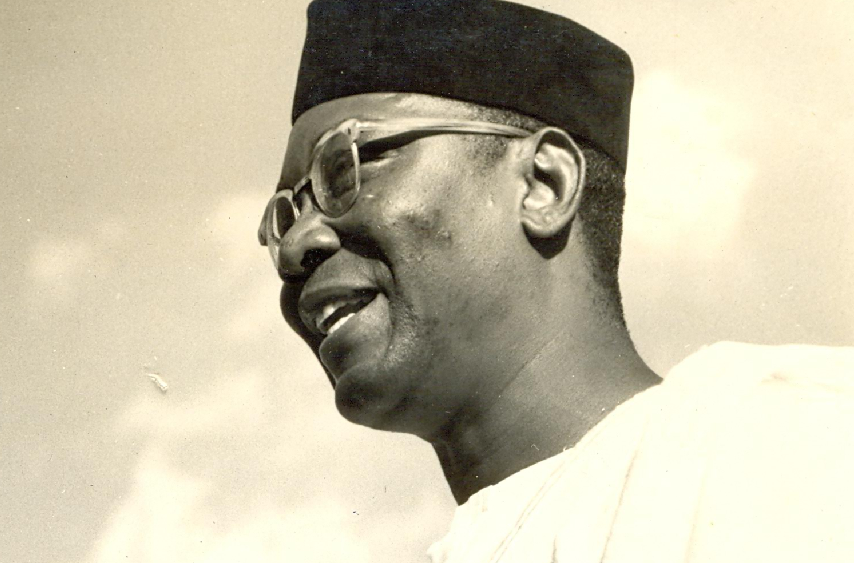The national assembly has passed the 2017 budget with a total estimate of N7.441 trillion.
The appropriation committees of both chambers of the assembly presented the reports of the budget for consideration and the bill was passed on Thursday.
The budget process was largely delayed owing to the failure of committees to turn in their report to the appropriation committees after ministries, departments and agencies (MDAs) had defended their budgets.
President Muhammadu Buhari presented a proposal of N7.30 trillion to a joint session of the national assembly on December 14, but the assembly jerked it up by N143 billion.
Advertisement
According to the budget report, N434.4 billion is for statutory transfer, N1.84 trillion for debt servicing and N177.46 billion is for sinking maturing bonds.
Out of N2.9 trillion earmarked for recurrent expenditure, N330 billion is for ministry of defence; N398 billion for ministry of education, and N252 billion for ministry of health.
Ministry of power, works and housing gets N32 billion and office of the national security adviser (NSA) gets N76 billion.
Advertisement
Out of N2 trillion earmarked for capital expenditure, ministry of defence gets N139 billion; ministry of education, N56 billion, and ministry of health N55 billion.
Ministry of power, works and housing gets N533 billion and office of the national security adviser (NSA) gets N47 billion.
At the consideration of budget at the lower legislative chamber on Thursday, Mustapha Dawaki, chairman of the house appropriation committee, explained that the budget was jerked up by N143 billion to enable government to carry out capital projects effectively.
At the senate, Dino Melaye, from Kogi west, declared that it was the first time the national assembly would pass a budget with a national outlook.
Advertisement
“Mr President I want to appreciate that this is a departure from the voodoo and ashiri (secrecy) budget that we have been used to,” he said.
“Now you can pick up the budget. You have line to line detail of everything and every kobo that will be spent. This will afford the civil society groups and every Nigerian to ask questions and be part o governance.”
Add a comment







